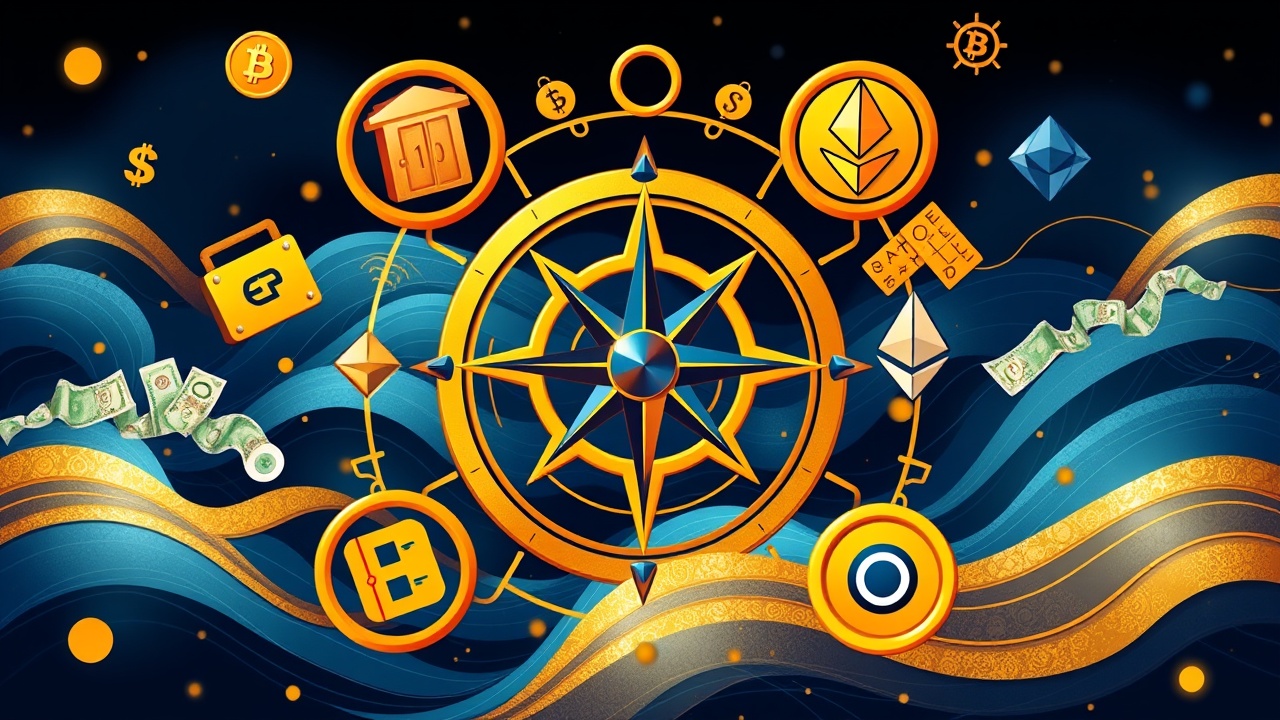Trust Wallet Embraces Tokenized Real-World Assets
In a significant shift within the financial ecosystem, Trust Wallet has embraced the innovative world of tokenized real-world assets (RWAs), allowing users access to digital assets backed by traditional securities like stocks and bonds. This advancement marks an important moment as the archaic barriers surrounding market access begin to crumble. With over 200 million downloads, Trust Wallet is the leading self-custody platform and its new feature promises to redefine how individuals interact with financial assets.
Understanding Tokenized RWAs
Tokenized RWAs are essentially digital representations on a blockchain that correspond to real-world assets. Their introduction comes at a time when the macroeconomic climate faces challenges, including inflation and disparities in accessing capital. These factors make RWAs particularly appealing to those seeking dollar-linked assets and a more inclusive financial landscape.
Collaboration with Ondo Finance
Trust Wallet’s collaboration with Ondo Finance, a forerunner in the tokenization of RWAs, has enabled this new capability. Ondo focuses on integrating traditional financial instruments such as U.S. Treasuries and ETFs into the crypto space, effectively creating a conduit between conventional finance and blockchain technology. Trust Wallet acts as the facilitator, allowing everyday users to engage with this novel financial product.
User Experience and Features
Upon testing Trust Wallet’s new functionality, we noted the setup was user-friendly. After downloading, we effortlessly created a wallet and secured our recovery phrase. From there, accessing and depositing Ondo’s governance token (ONDO) proved to be a smooth process, with the wallet generating a deposit address instantly and the tokens reflecting in our account shortly after.
Next, we explored the swapping feature, converting USDC into a tokenized version of Apple stock (AAPLon). Trust Wallet’s claim of providing “one-tap access to tokenized RWAs” stood true; the transaction mirrored the ease of swapping conventional cryptocurrencies. While currently limited to Ethereum, the roadmap indicates additional network integration is forthcoming, and accessibility is tailored to ensure safe and responsible rollouts. Importantly, users maintain ownership of their private keys, aligning with self-custody principles.
Security and Limitations
This release underscores the balance Trust Wallet strikes between user access and security. However, prospective users should be aware that tokenized RWAs only track asset prices and do not confer shareholder rights such as dividends—a crucial distinction highlighted in Trust Wallet’s informative resources.
Conclusion: A Paradigm Shift in Financial Interactions
Our practical experience with Trust Wallet suggests a potential paradigm shift in financial interactions. The introduction of RWAs could facilitate an enduring bridge between traditional finance and the decentralized world of Web3. Should this innovation lead to widespread adoption, Trust Wallet might pave the way for wallets to supersede brokers and banks as the primary means of financial engagement for the everyday consumer. Despite the uncertainty of this transformation, it is clear that Trust Wallet has set a new standard for self-custody solutions.




